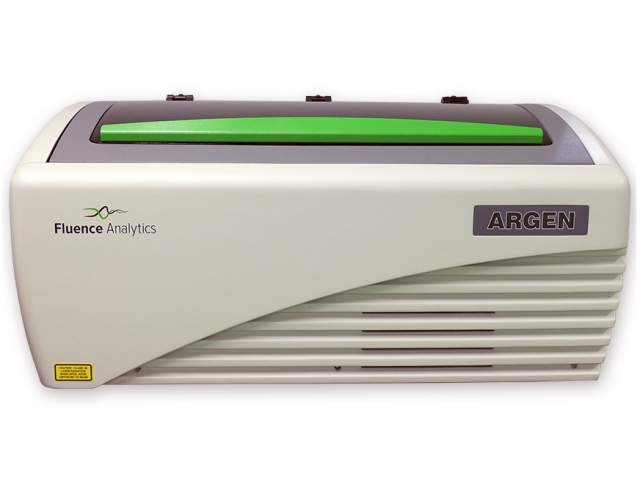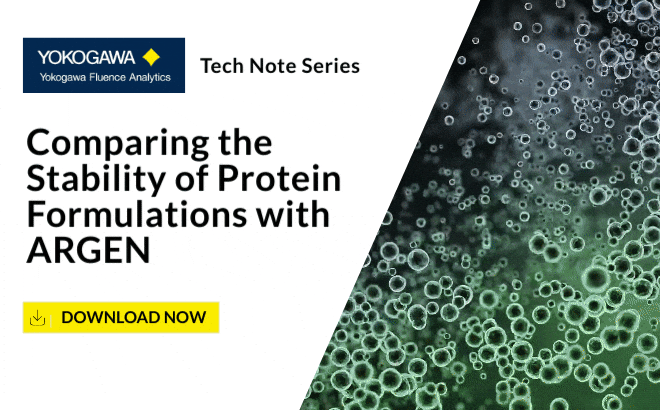Introduction

Biopharmaceutical companies isolate many types of proteins for use in experimental and therapeutic medicines. Unfortunately, when removed from their native environments, proteins become less stable. Unstable proteins are more prone to degradation from the primary stress mechanisms: mechanical and thermal (from manufacturing, storage and transport) and biological (from drug delivery). The challenge for biopharmaceutical companies is that degraded proteins create ineffective and potentially harmful therapeutics for their customers. To mitigate against protein degradation, drug companies employ formulation development.
A formulation is one solution condition in a multidimensional therapeutic trade space. This trade space includes factors such as solvent choice, ionic strength, pH, concentration and excipients. For each therapeutic, biopharma companies use formulation development to search for the unique “goldilocks zone” where the solution is stable in all the required conditions. Because most therapeutic protein formulations are difficult and expensive to produce at high yields, biopharma companies need tools that provide rapid, high quality protein stability information with low sample consumption.
ARGEN is a light scattering instrument with 16 independent sample cells that allow multiple, independent experiments, each one with its own stress conditions. Additionally, ARGEN users can introduce and remove samples from testing without affecting other ongoing measurements. Testing each sample independently allows for control and rapid characterization of multiple stress conditions in each study. This allows the benefit of expediting formulation exploration and development. Researchers using ARGEN can quickly detect changes in the relative molecular weight for molecules in solution. This enables them to identify the onset of aggregation, degradation, or a phase change more rapidly than with other technologies. Furthermore, since all data is generated continuously and in real time, ARGEN analysis methods can determine the kinetic Aggregation Rate (AR) for each sample independently. The aggregation or degradation rate offers a valuable and accurate measurement for colloidal stability for protein formulations and polymer solutions.
This application note summarizes the use of ARGEN to determine colloidal stability for Bovine Serum Albumin (BSA) at three different solution pH levels. Formulation development teams can use kinetic data collected by ARGEN to see differences in AR within solutions containing surface charged and surface neutral proteins, i.e. above or below their isoelectric point.
Download the full American Laboratory article


